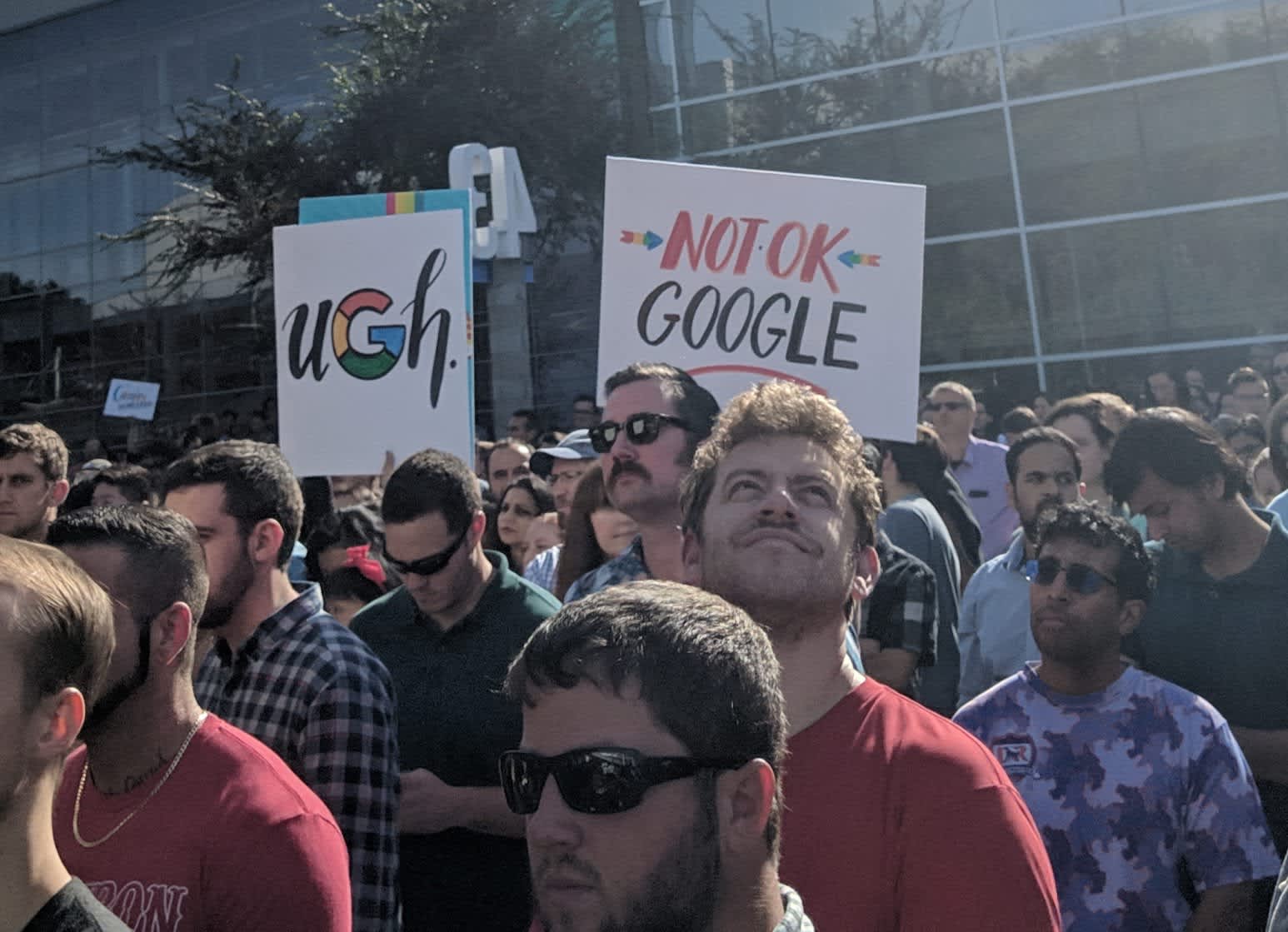
It is amazing how much attention is being paid to the Statement on the Purpose of a Corporation just issued by 181 chief executives of large corporations under the auspices of the Business Roundtable. We are supposed to think it is a major breakthrough that big business is claiming to do more than maximize returns for shareholders.
In fact, Corporate America has long given lip service to the notion that it has an obligation to other stakeholders such as employees, communities and suppliers and that it needs to promote sustainability in its operations. The language of the Roundtable statement could have been taken from similar pronouncements that have been made by the vast majority of large companies under the rubric of corporate social responsibility or a similar phrase. The website of Exxon Mobil, for instance, contains a page on its Guiding Principles, which are said to include adherence to “high ethical standards.”
The question, of course, is whether these high-minded statements have any real meaning—whether they result in more responsible practices or are designed mainly to let corporate executives pretend to be moral exemplars.
The answer seems clear. If large corporations truly had a commitment to their employees, they would not engage in so many exploitative practices and fight so hard against unionization. If they truly cared about the environment, they would take more aggressive steps to reduce pollution and address the climate crisis. If they truly cared about ethical supply chains, they would stop sourcing from low-road producers.
Not only are most large corporations far from ethical leaders—in many cases they cannot bring themselves to adhere to their most basic responsibility: obeying the law and complying with regulations.
For the past few years, I’ve spent most of my time documenting corporate lawlessness by building the Violation Tracker database, which now contains more than 360,000 examples of misconduct that have resulted in $470 billion in penalties since 2000.
I ran the names of the 181 companies whose CEOs signed the Roundtable statement through Violation Tracker and, not surprisingly, the results were eye-popping. The signatories and their subsidiaries together account for more than $197 billion in cumulative penalties, or more than 40 percent of the total penalties from tens of thousands of companies.
Twenty-one of the signatories have penalty totals of $1 billion or more, and three with $25 billion or more. At the top of the list is Bank of America, with more than $58 billion in penalties from 128 cases largely involving mortgage abuses and toxic securities. JPMorgan Chase comes in at $30 billion from similar cases. As a consequence of its role in the Deepwater Horizon oil spill and other disasters, BP ranks third with $27 billion in penalties.
The list continues with other big banks (Citigroup, Goldman Sachs, etc.), big utilities (American Electric Power, Duke Energy, etc.), big pharmaceutical manufacturers (Pfizer, Abbott Laboratories, etc.), other big oil companies (Marathon Petroleum, Exxon Mobil, etc.), and others such as Boeing and Walmart.
It is significant that two of the worst corporate miscreants of recent years, Wells Fargo and Volkswagen, are missing from the list of signatories. Perhaps they or the Roundtable realized that their inclusion would have detracted from the message.
Yet the track records of many of the other signatories are not much better. Large corporations that repeatedly break the rules concerning consumer protection, environmental protection, workplace protection, investor protection and every other kind of protection cannot profess that they are committed to serving the well-being of all their stakeholders. Until they change their behavior, their purported principles mean little.


You must be logged in to post a comment.